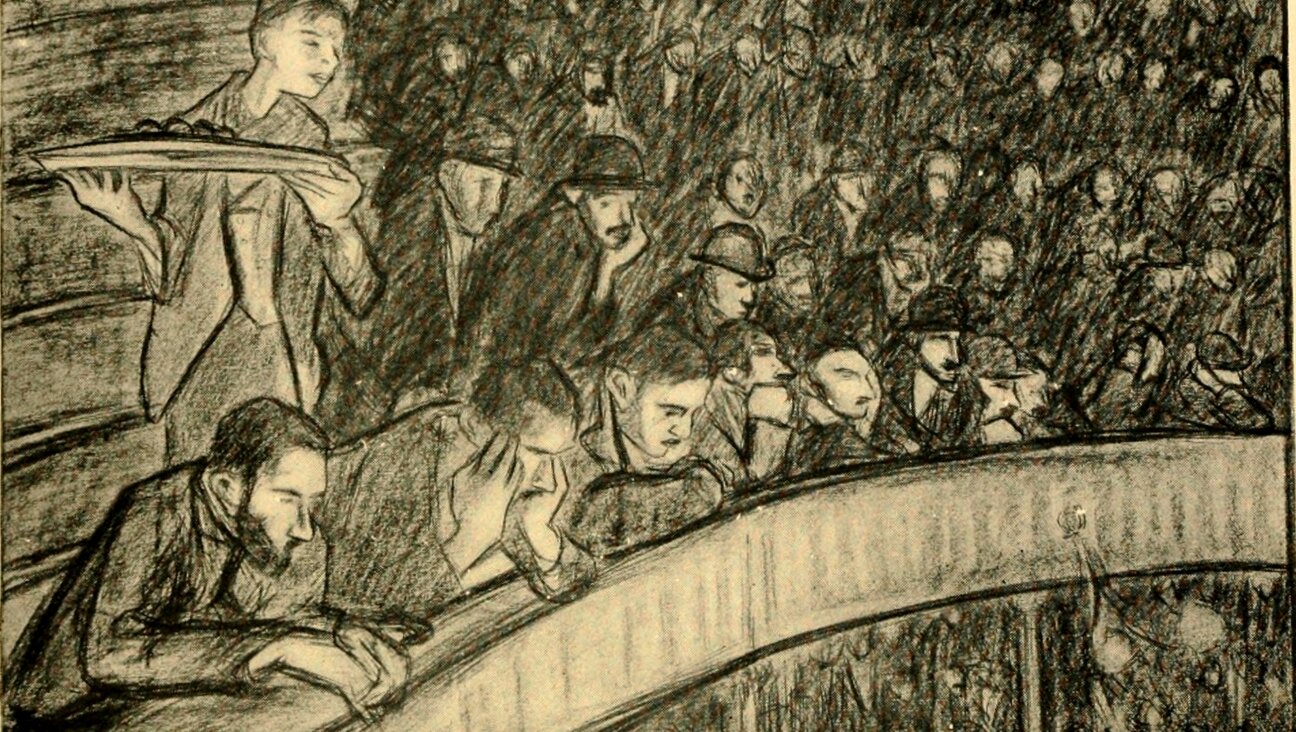Wisconsin Hillel’s Saposnik, Pioneer of Jewish Literature
Irving S. Saposnik, a former executive director of Hillel at the University of Wisconsin and one of the pioneer professors who brought the study of American Jewish literature into American higher education, died November 20 after a 13-month struggle with brain cancer. He was 67.
Saposnik was still teaching a course, titled “Yiddish Literature in Translation” and organizing Yiddish events long after he was diagnosed with cancer.
Saposnik was born in the Brownsville section of Brooklyn and raised by his mother and grandmother — both Eastern European immigrants — after his parents divorced. He attended Yeshiva Toras Chaim and Thomas Jefferson High School before enrolling in Brooklyn College. Saposnik received a Fulbright scholarship to study in Scotland at the University of Edinburgh in 1964 and went on to receive a doctorate in English from the University of California at Berkeley. While at Berkeley he met Francie Smith, whom h e later married.
The couple moved to Madison, Wis., where Saposnik took a teaching post in English literature at the University of Wisconsin. At the university, Saposnik initiated one of the first American Jewish literature classes in the country.
And although Saposnik was described by his family as extremely modest and mild-mannered, he threw himself into the campus tumult of the 1960s. According to his son, Bruce, Saposnik once gave his entire class As to keep them in school and out of Vietnam. Saposnik was one of the few professors to teach underground literature in his classes, something that did not help him when he appeared before a conservative and unfriendly tenure committee, but which made him a hero among the student body. “At the time you could find graffiti on the [Madison] campus that said ‘Free Angela Davis!’” said Bruce Saposnik. “There was also ‘Free Saposnik!’”
After he was denied tenure, the Saposniks emigrated to Israel, where he taught English literature at the University of Haifa and the Kibbutz Seminar for Teachers for 10 years. During that period he was honored by the city of Nazareth for his efforts at bringing Arabs and Jews together.
The couple eventually returned to Madison, where Saposnik became director of Hillel and began teaching Yiddish literature. Earlier this year, the already-ailing Saposnik managed to organize a Yiddish festival at the university, which featured a performance by one of the students he had mentored, the Grammy Award-nominated singer Adrienne Cooper.
Saposnik is survived by his wife, Francie; three children, Cara, Bruce and Leora, and five grandchildren.
A message from our Publisher & CEO Rachel Fishman Feddersen

I hope you appreciated this article. Before you go, I’d like to ask you to please support the Forward’s award-winning, nonprofit journalism so that we can be prepared for whatever news 2025 brings.
At a time when other newsrooms are closing or cutting back, the Forward has removed its paywall and invested additional resources to report on the ground from Israel and around the U.S. on the impact of the war, rising antisemitism and polarized discourse.
Readers like you make it all possible. Support our work by becoming a Forward Member and connect with our journalism and your community.
— Rachel Fishman Feddersen, Publisher and CEO






















